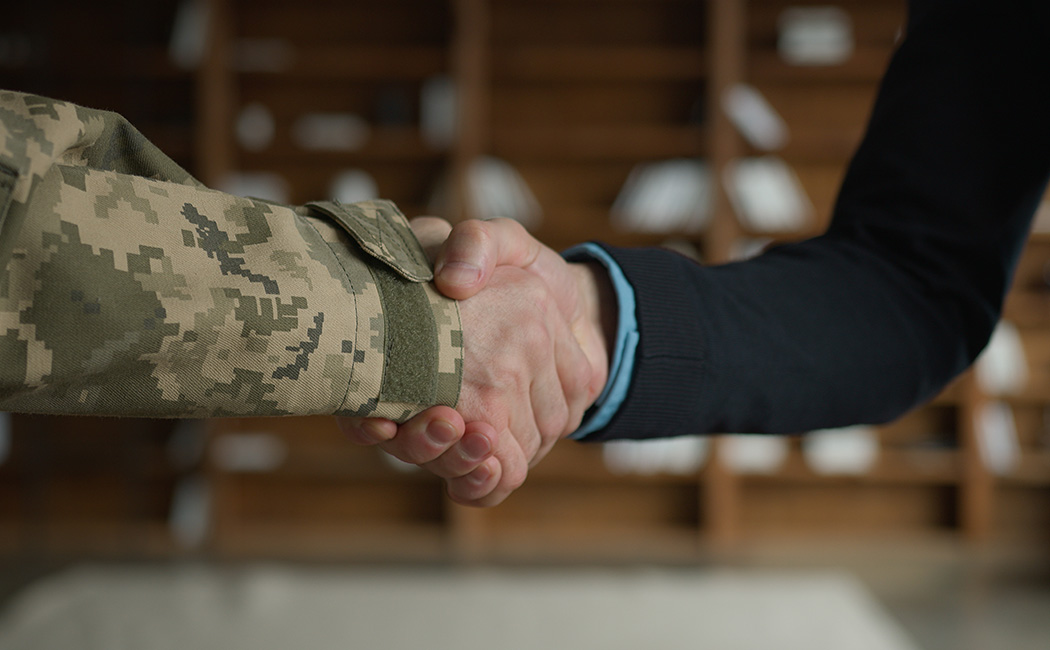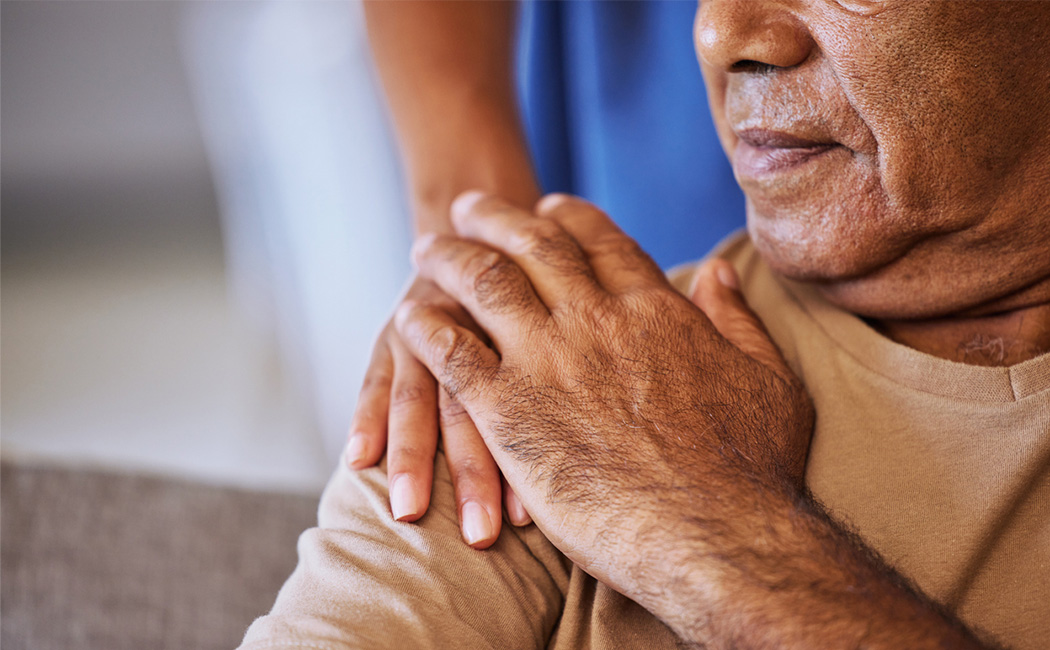Veterans and Volunteerism: Giving Back to the Community
The Veteran’s Guide to Financial Planning in 2024
Veterans and Volunteerism: Giving Back to the Community
Service doesn’t end when the uniform comes off. For many veterans, their transition to civilian life is marked by a continuing commitment to serving others, but in a different capacity—through volunteering. Volunteering not only enhances their personal and professional growth but also strengthens community bonds and encourages others to volunteer. We’ll dive into the value of volunteering, some of the opportunities and organizations that prioritize veteran volunteers, and how vets can get involved in their communities to continue serving once they’re home.
1. The Value of Volunteerism for Veterans
Personal Growth and Well-being
Engaging in community service offers veterans numerous benefits, from enhancing personal well-being to fostering professional skills. Volunteering helps combat the isolation some veterans may feel after leaving the structured military environment, providing them with a sense of purpose and community. According to a study by the Corporation for National and Community Service, volunteers report better physical and mental health than those who do not volunteer, which is particularly beneficial for veterans transitioning to civilian life.
Skill Development and Professional Opportunities
Volunteering allows veterans to apply their skills in new contexts while developing new capabilities. These opportunities can be especially beneficial for integrating into the civilian workforce, as many organizations value the unique skills and discipline veterans bring to their volunteer roles.
2. Opportunities for Veterans in Volunteerism
Types of Volunteer Activities There are numerous ways veterans can engage in community service, depending on their interests and skills. Some may choose to work with youth, teaching skills or coaching sports. Others might find fulfillment in helping fellow veterans navigate the complexities of VA benefits or transition challenges. Additionally, environmental projects, disaster response teams, and food banks offer more avenues for making a difference.
Organizations Facilitating Veteran Volunteerism
Several organizations specifically facilitate volunteer opportunities for veterans. For example, Team Rubicon utilizes the skills of military veterans to deploy emergency response teams in disaster zones. Another notable organization is The Mission Continues, which empowers veterans to continue their service by tackling community challenges through volunteering.
3. Benefits of Volunteering for the Community
Strengthening Community Bonds
Veterans often bring leadership, organization, and teamwork skills to their volunteer efforts, significantly impacting local communities. Their involvement can help strengthen community bonds, create more resilient neighborhoods, and bridge gaps between various community groups.
Inspiring Others to Volunteer
The presence of veterans in community service roles also serves as an inspiration to others, encouraging more citizens to volunteer. Their dedication and commitment can motivate peers and younger generations to contribute their time and efforts to community causes.
4. How to Get Involved
Finding the Right Opportunity
Veterans interested in volunteering should start by identifying their passions and skills, then look for local organizations that align with these interests. The Volunteer Match website can be an excellent resource, as it allows users to search for opportunities by location and interest area.
Considerations for Successful Volunteerism
While the desire to give back is a strong motivator, it’s important for veterans to choose volunteer roles that fit their schedule, physical abilities, and personal commitments. Ensuring a good fit can enhance the volunteering experience and lead to longer-term engagements.
To sum it all up, veterans possess a unique set of skills, experiences, and a time-honored commitment to service. By engaging in community volunteerism, they not only enrich their own lives but also enhance the lives of others in countless communities across the nation. As they continue to serve beyond their military duties, their acts of service echo the core values they upheld in uniform, inspiring all of us to contribute to our communities in meaningful ways. If you’re a veteran looking to make a difference, or if you know a veteran who might be interested, explore local volunteer opportunities today. Every small effort counts in building stronger, more connected communities.








